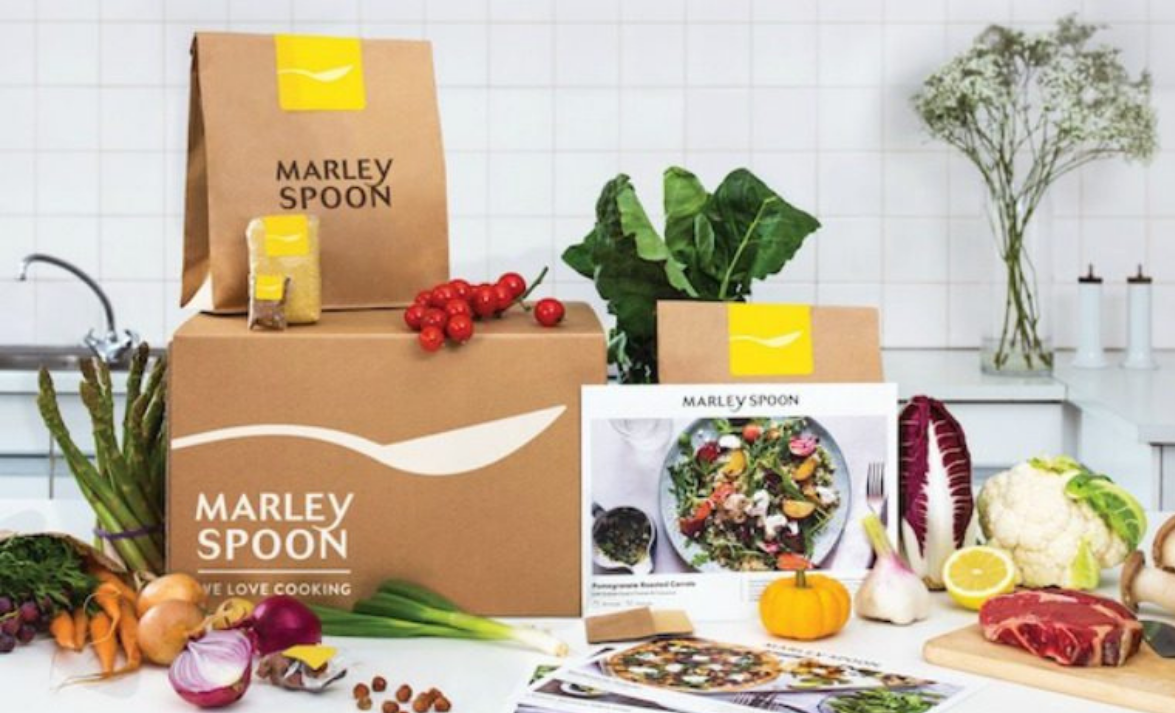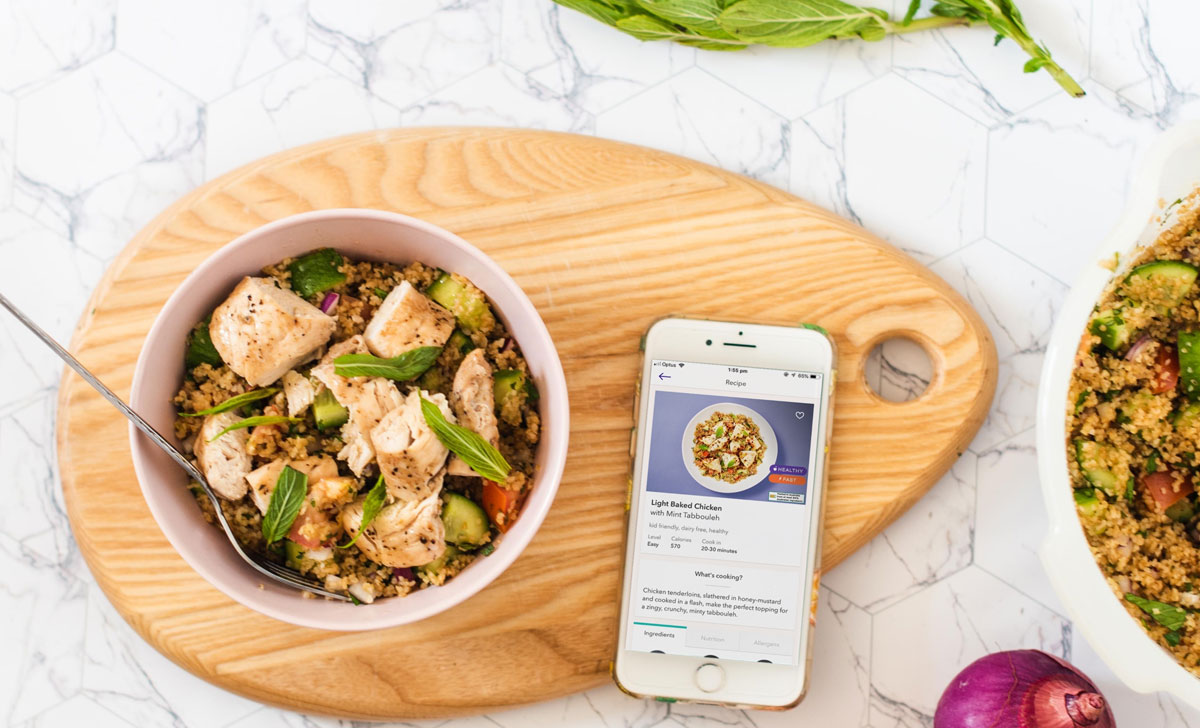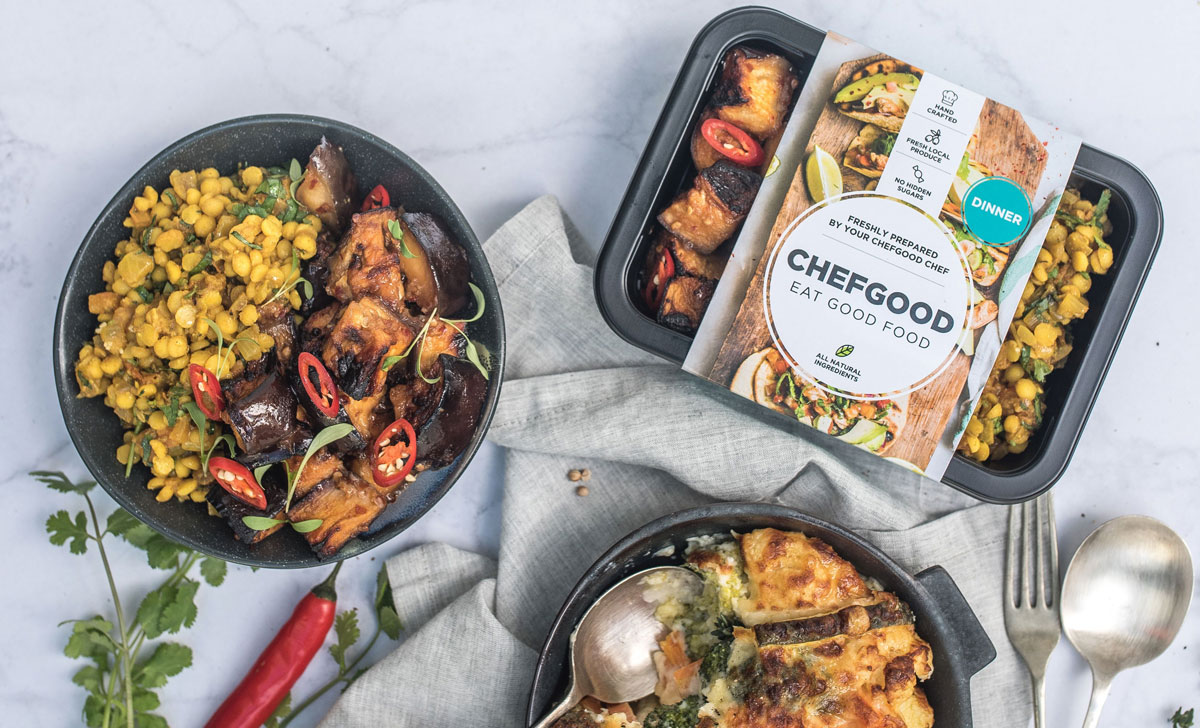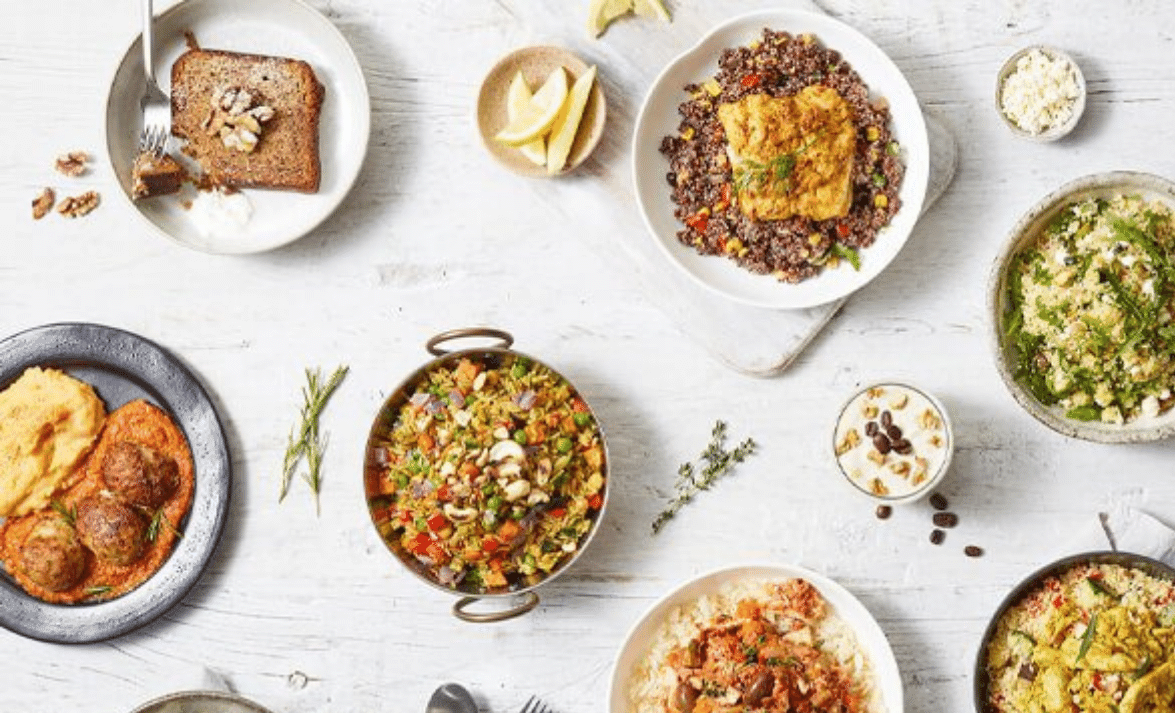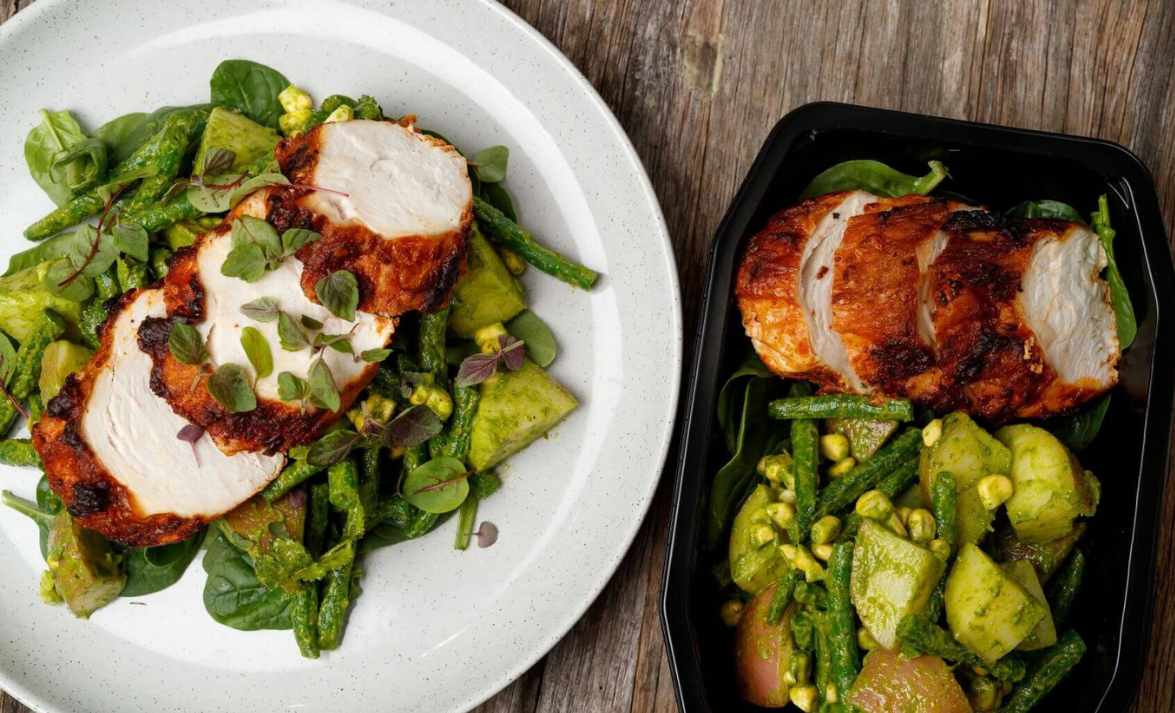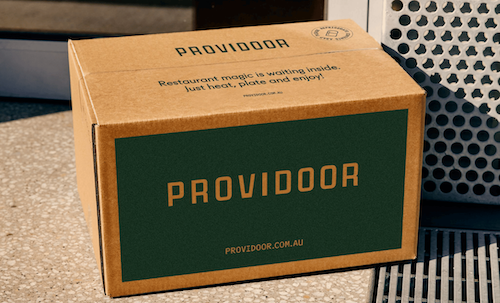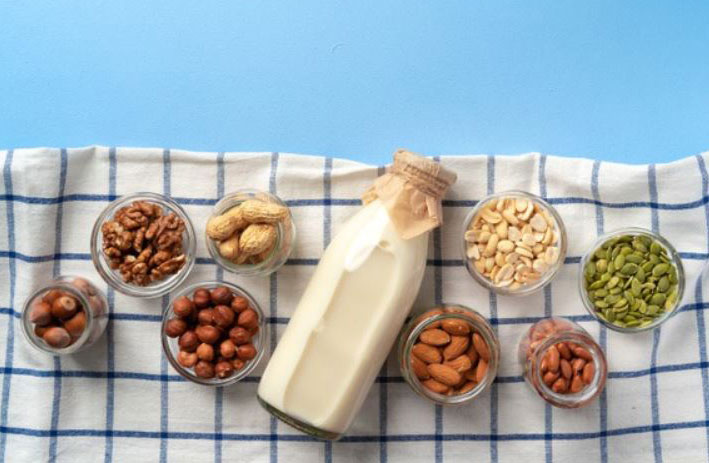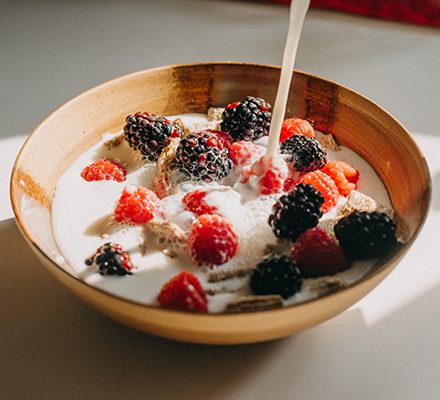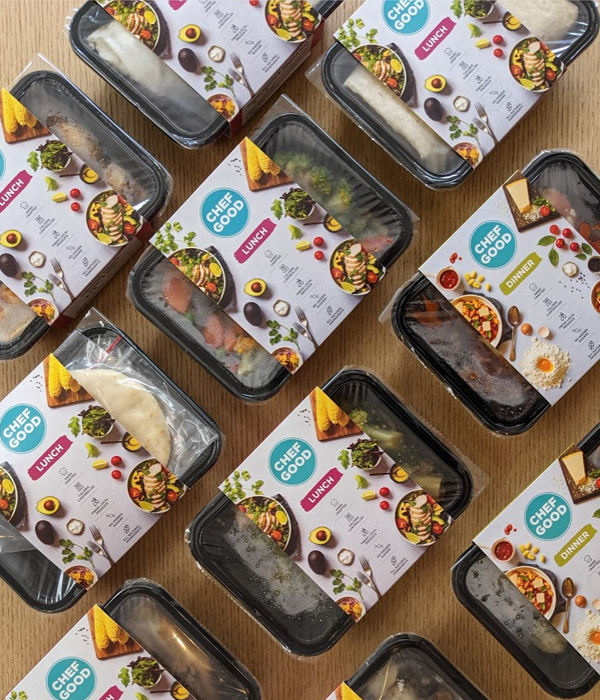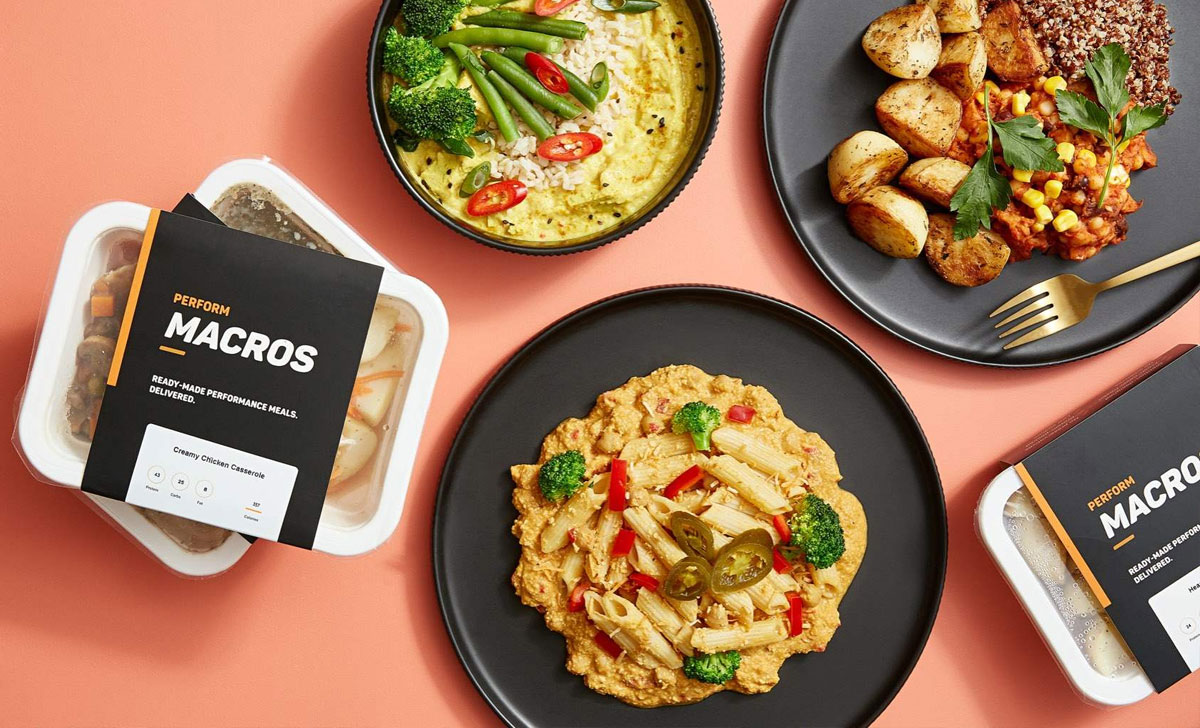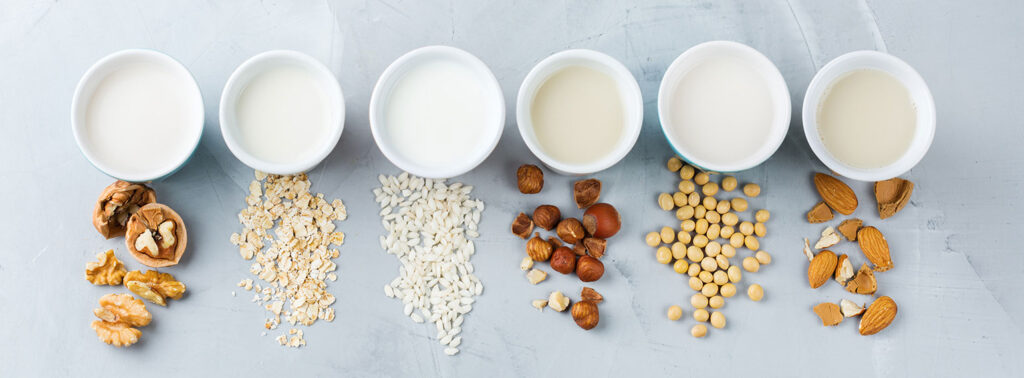- Meal Delivery
Shop by Category
TOP PROVIDERS
POPULAR SEARCHES
Meal Finder Tool

Use our meal finder quiz to find the best meal delivery service for you.
- Vitamin & Supplements
- Deals
- About
- Blog
Dairy Free Meals
Dairy Free Meals
Looking for a dairy free meal service? We’ve found the best dairy-free meal delivery services in Australia and have provided insights of brands and information to help you make the right decisions for your needs.
Get personalised meal recommendations
Compare Dairy Free Meals
Get $220 OFF first 5 boxes! Get Deal
Marley Spoon has 38+ recipes tagged as dairy-free that can be delivered to your door, weekly. The dairy free recipes include ingredients that do not contain dairy.
NSW, VIC, ACT, QLD, SA, TAS
$8.50/serve
Get $140 OFF the first 5 boxes! Get Deal
Dinnerly's menu includes 36+ dishes that are tagged as dairy-free that can be delivered to your door, Australia wide.
NSW, VIC, ACT, QLD, NT, SA, TAS
$5.25/serve
$240 DISCOUNT OVER 8 WEEKS! Get Deal
100% dairy free, vegan, plant-based meal delivery service. Soulara's meals are free of milk, cheese, butter, cream, yogurt, and other dairy products.
NSW, VIC, ACT, QLD, NT, SA, TAS
$9.10/serve
High-quality, flavourful and delicious meals that are convenient and affordable. High Protein, No Added Gluten, Vegetarian, Vegan, and Dairy Free.
NSW, VIC, ACT, QLD, SA
$11.95/serve
Get $50 OFF your order! Get Deal
Chef Good’s Everyday Wellness Plan is a meal plan with larger portion sizes and nutritionally balanced meals, ideal for those …
NSW, VIC, ACT, QLD, SA
$10.45/serve
Get $50 OFF your order! Get Deal
Chefgood's No Added Dairy meals can be selected as part of a Chefgood meal plan. Choose between 5 and 20 No Added Dairy meals delivered each week.
NSW, VIC, ACT, QLD, SA
$10.45/serve
Activate Foods creates dietitian-approved meals for time-poor and busy individuals. All meals are made to order with the choice of …
NSW
$10.00/serve
Providoor supplies restaurant quality, snap frozen meals that preserve the flavour and freshness of the food. Featuring meals prepared by …
NSW, VIC, QLD
$8.00/serve
Get $25 off per week, up to 8 weeks! Get Deal
MACROS Balanced plan helps you to eat healthy, every day. All meals are dietitian designed and include healthy and balanced …
NSW, VIC, ACT, QLD, SA
$9.65/serve

